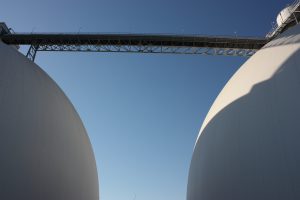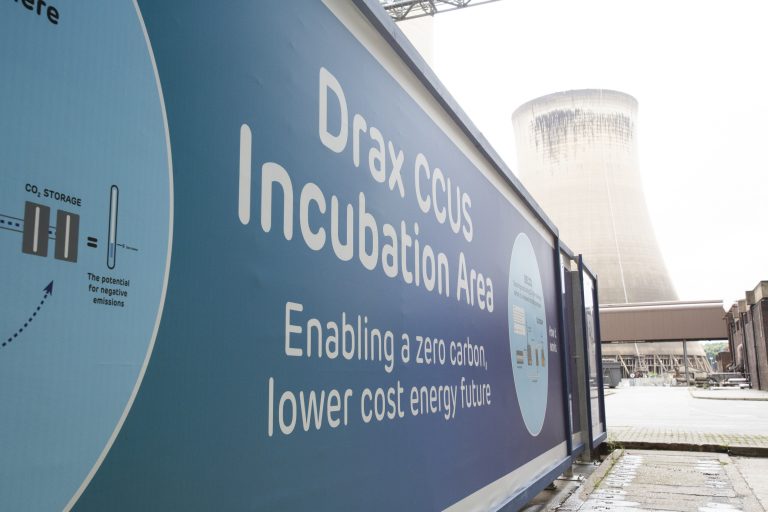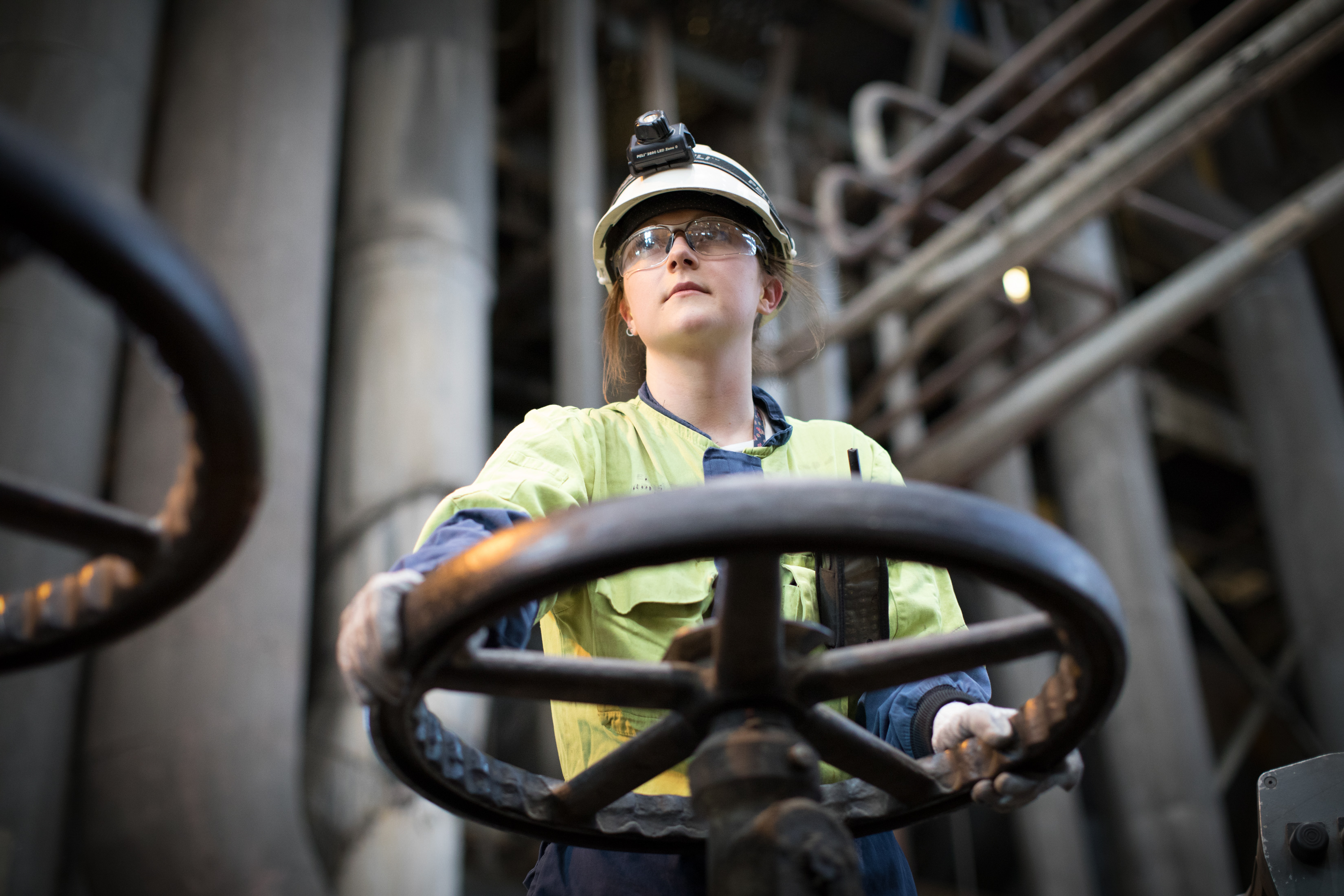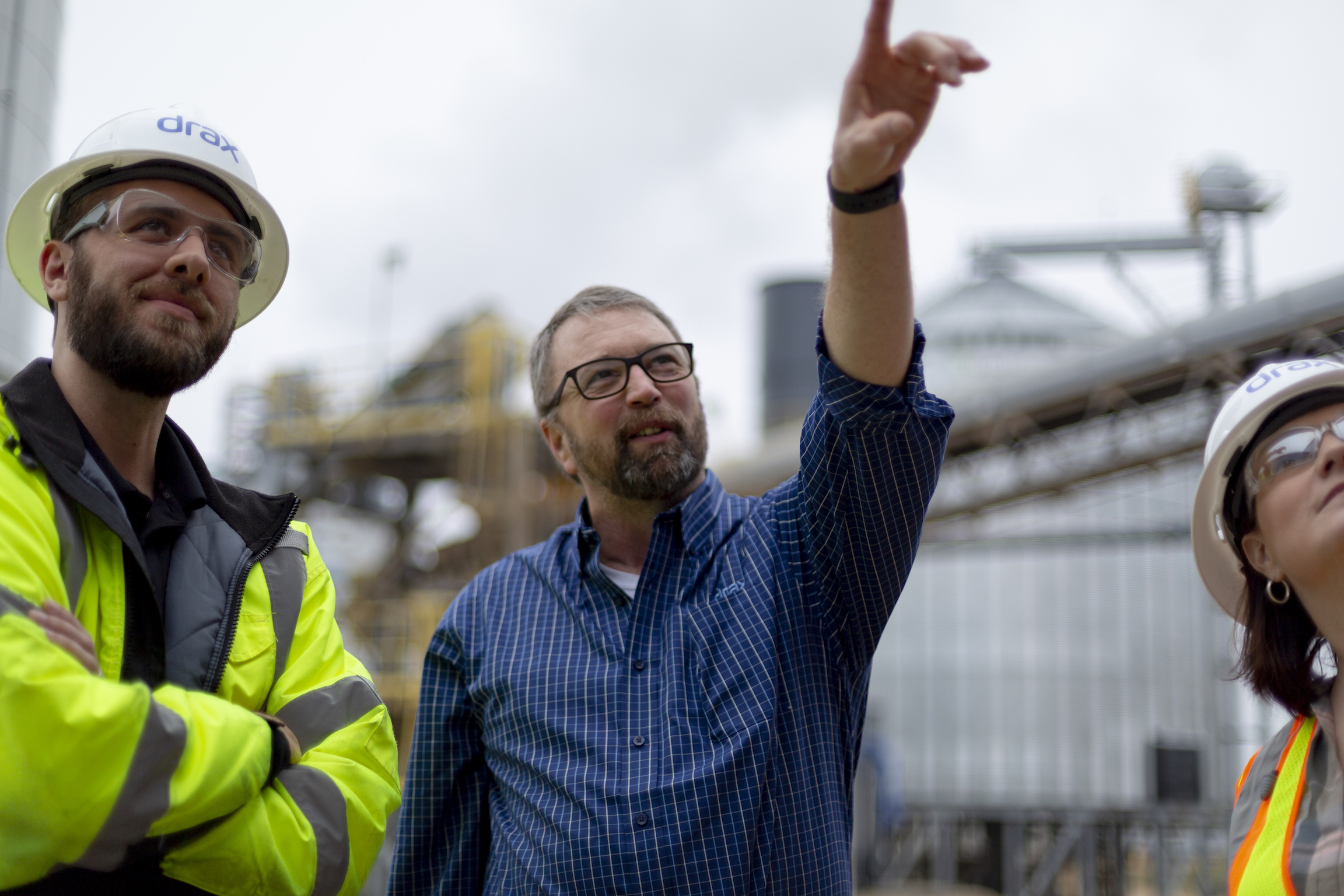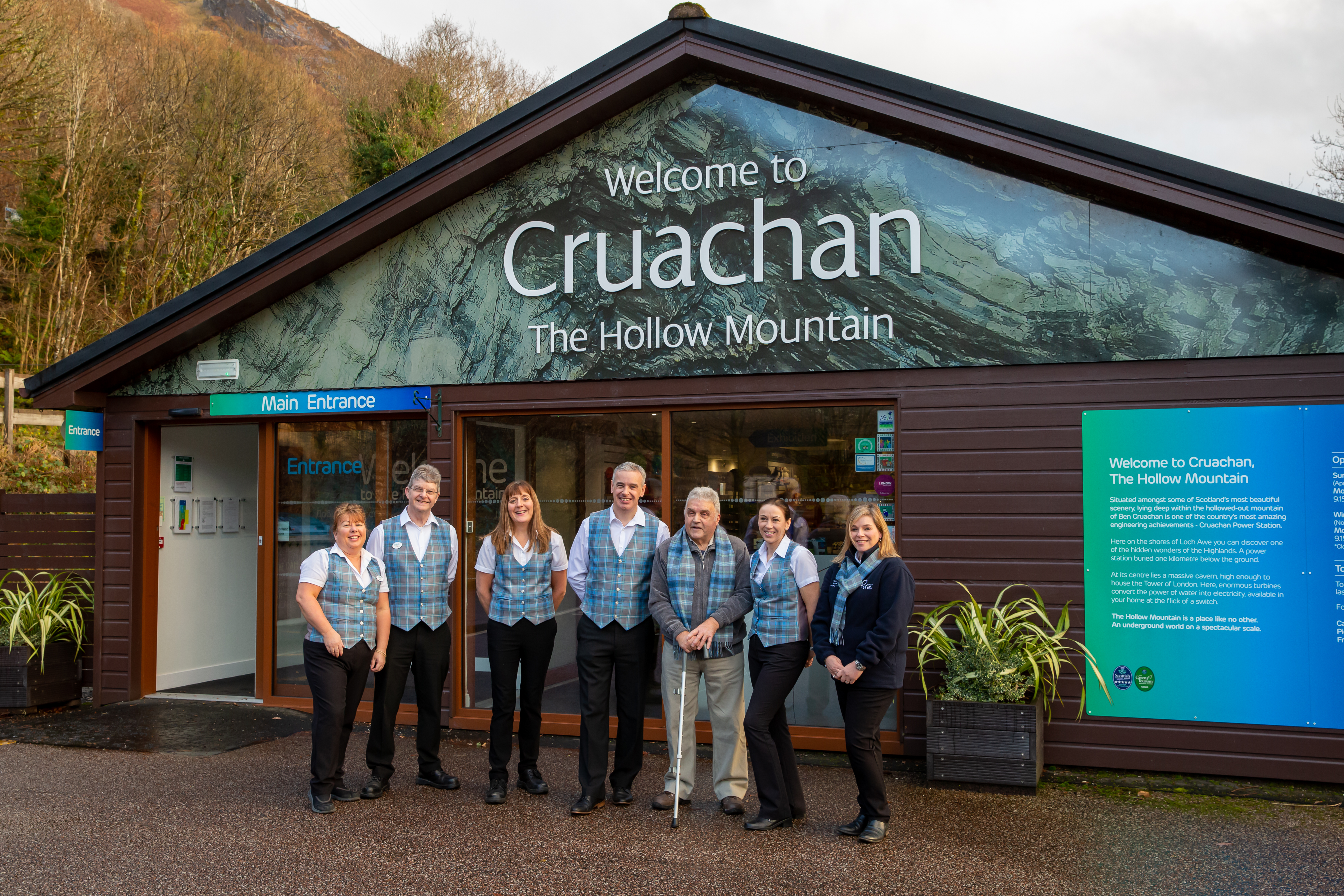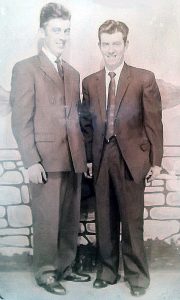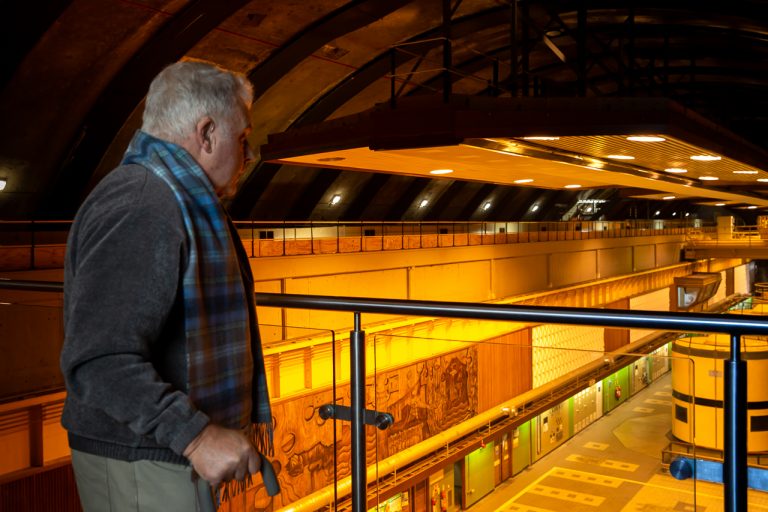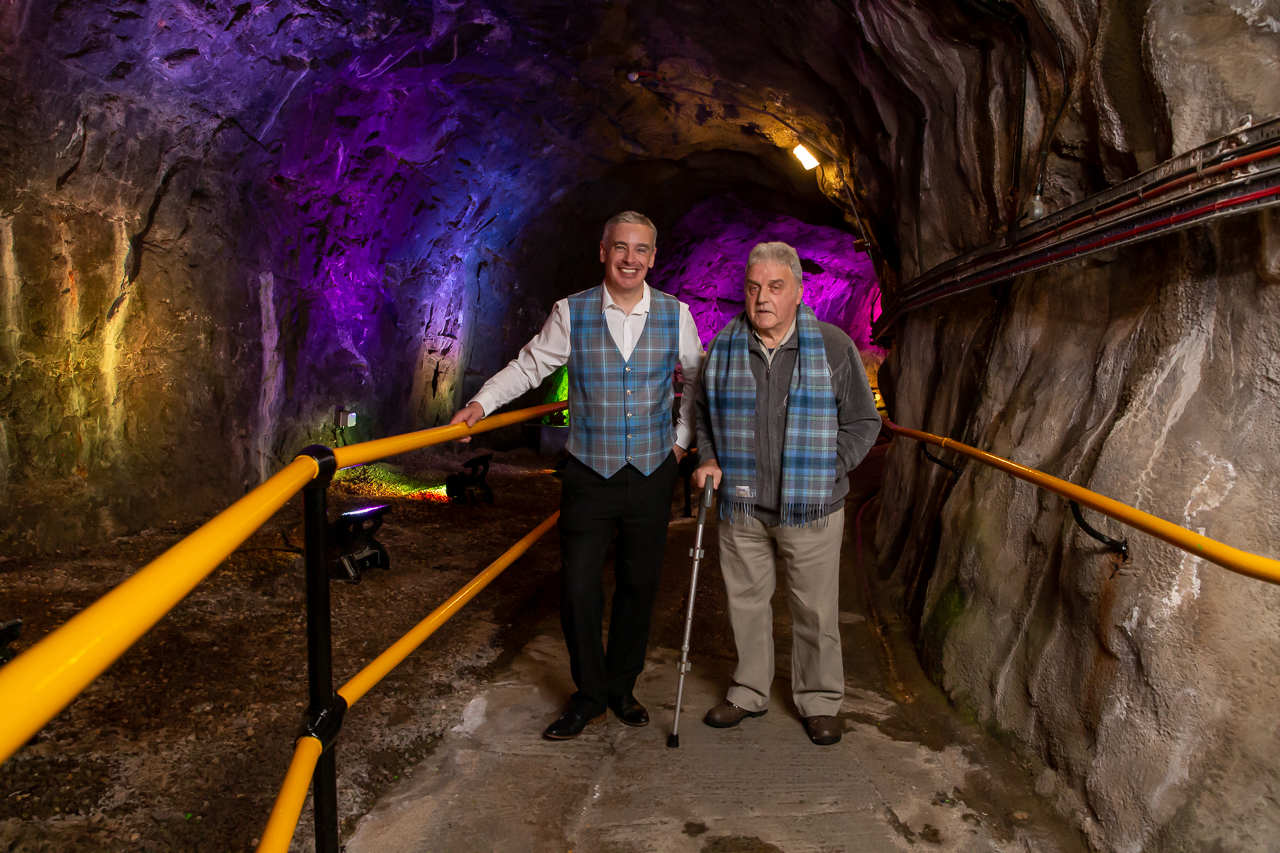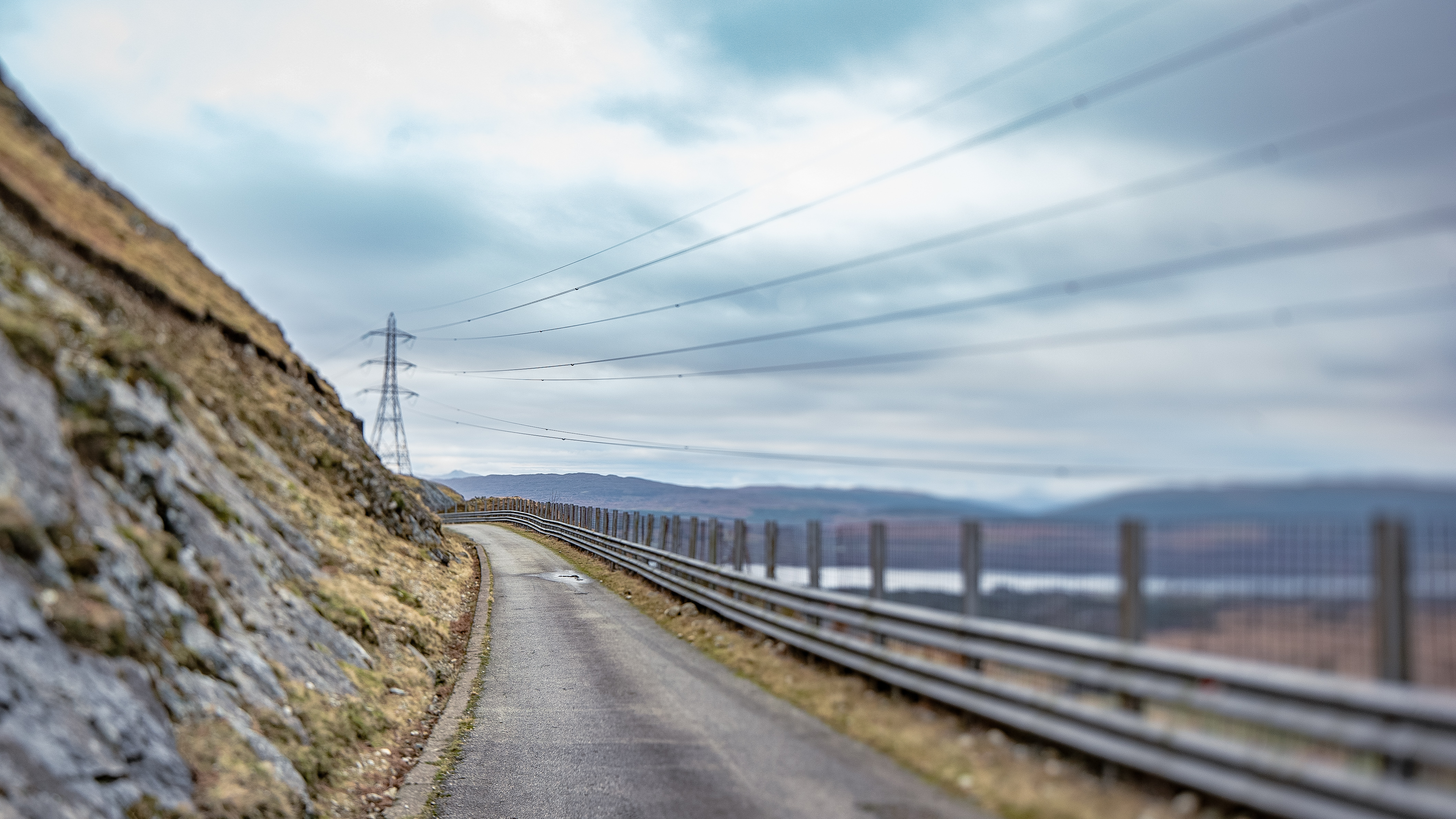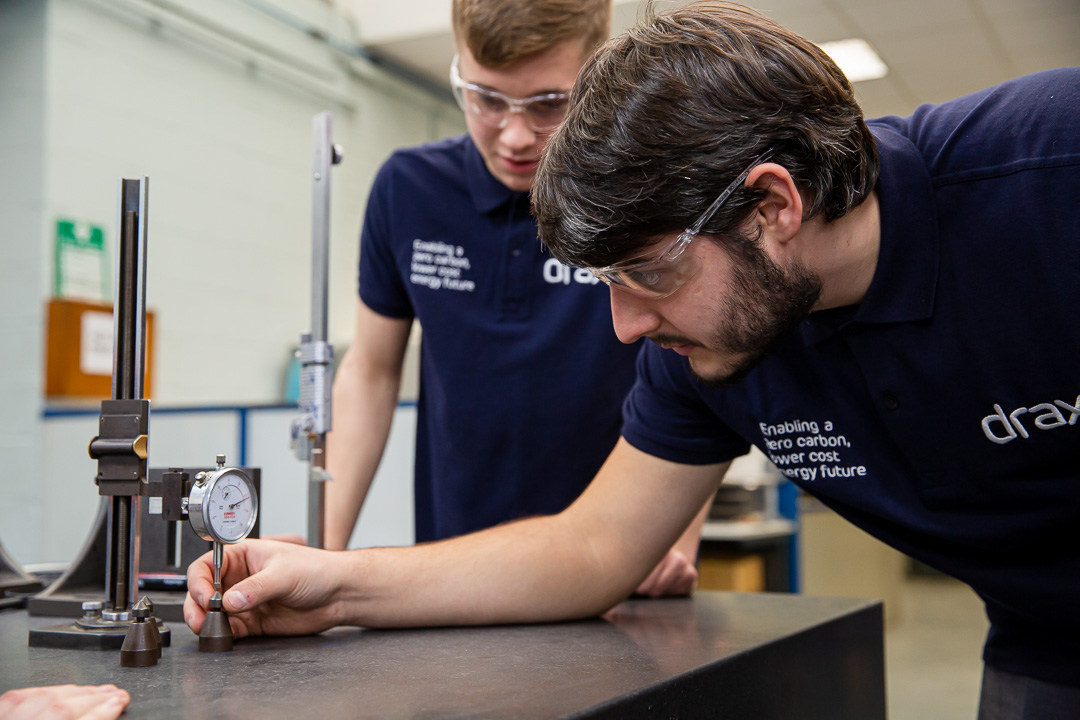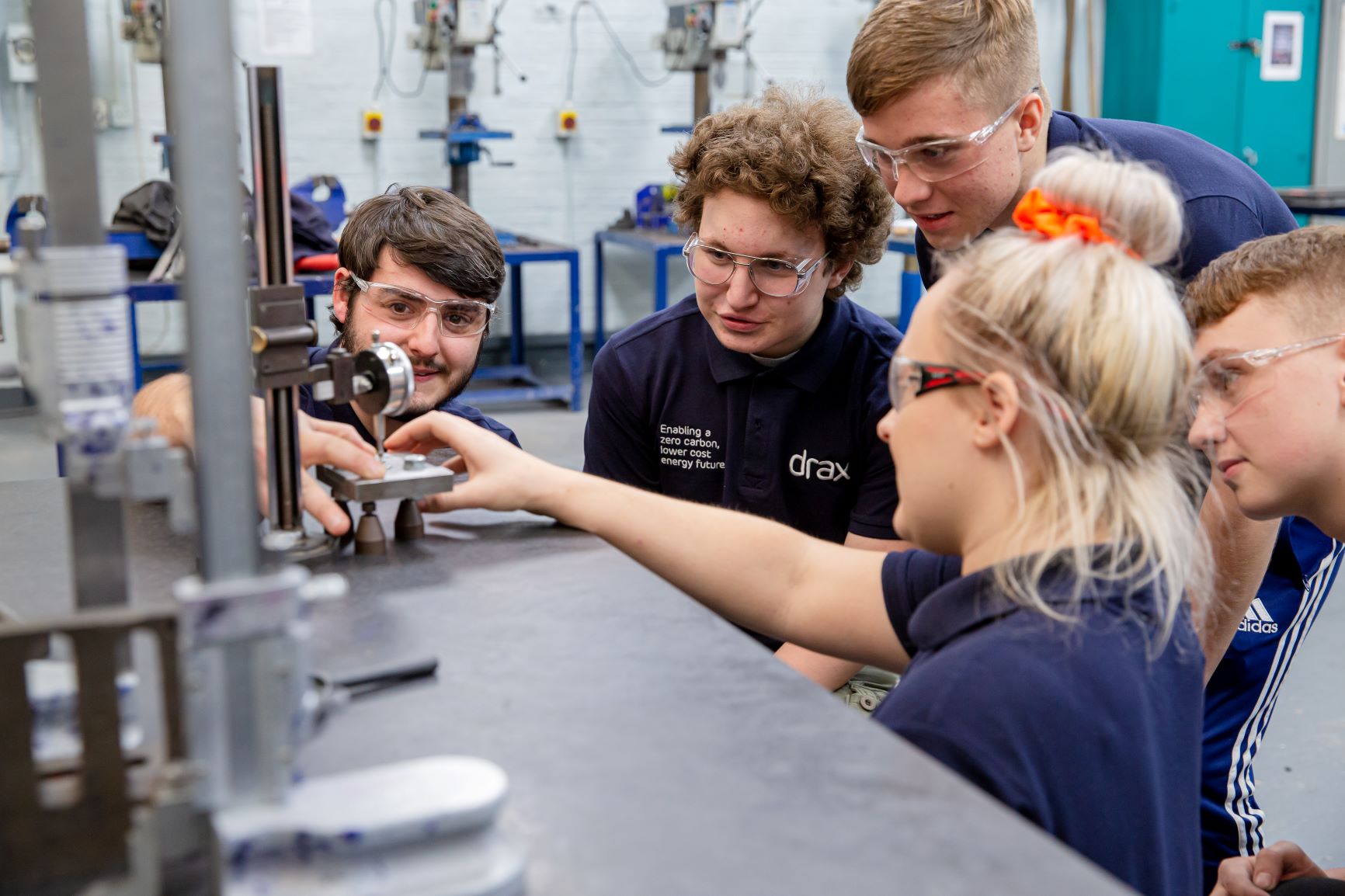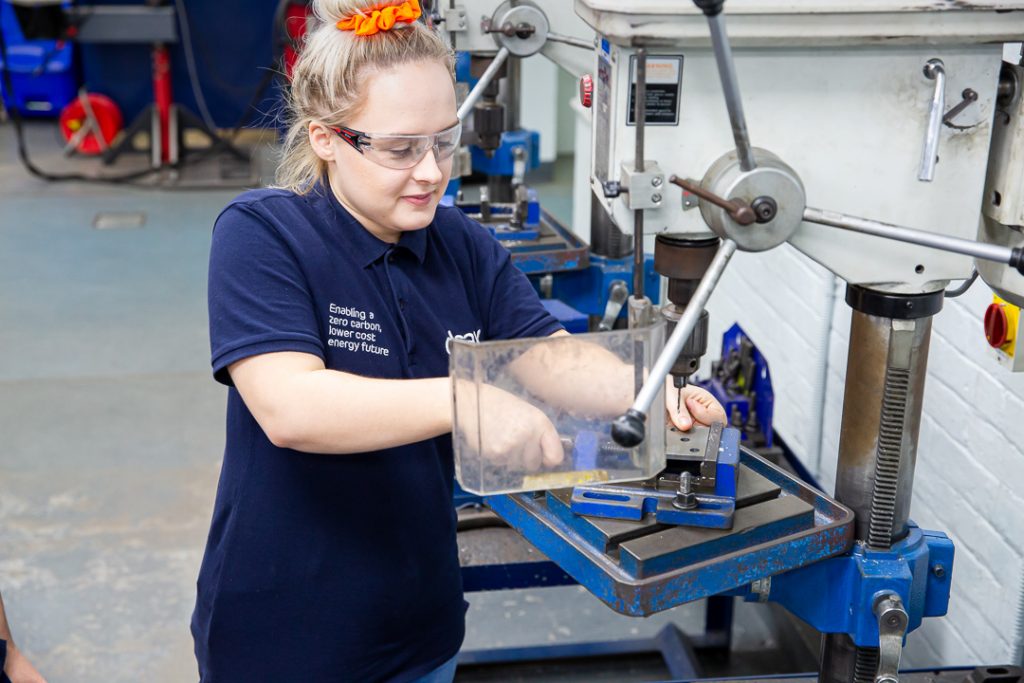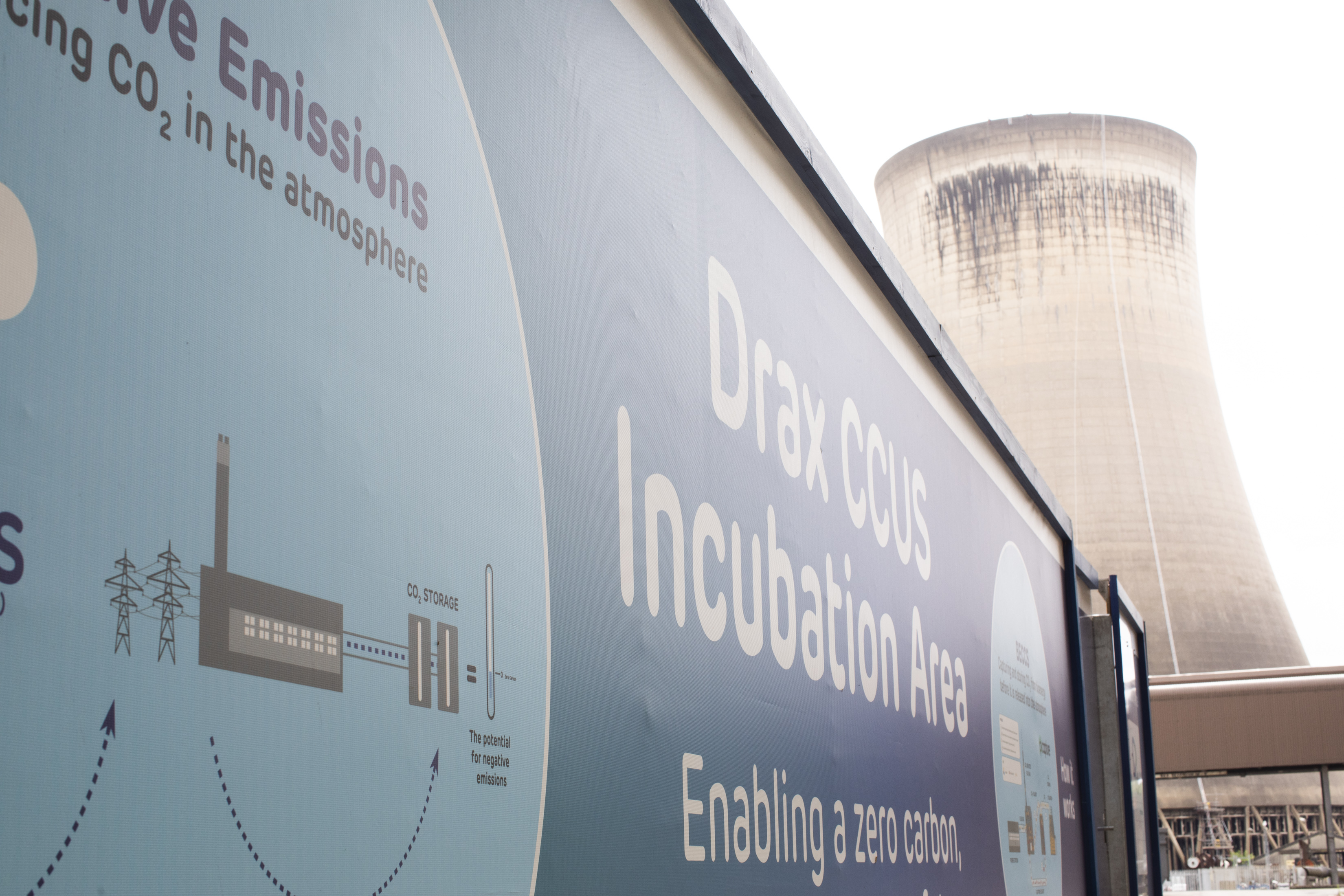
In August 2019 Velocys’ subsidiary Altalto Immingham Limited, a collaboration with British Airways and Shell, submitted plans for Europe’s first commercial waste-to-jet-fuel plant near Immingham on the South Bank of the Humber. The company has since voiced its support for the Zero Carbon Humber campaign, which is seeking to develop a large-scale carbon dioxide transport and storage network in the Humber that would significantly reduce emissions and create new job opportunities for the region.
Dr Neville Hargreaves, VP Waste to Fuels, Velocys, said:
“Subject to planning consent and financing, our Altalto Immingham project could be producing sustainable aviation fuel as soon as 2024. Velocys has a robust technological solution for this challenging sector which addresses one of the hardest sectors to decarbonise and can help the UK meet its net zero target.”
“Furthermore, we’ll also produce a capture-ready stream of carbon dioxide, and thus a transport and storage network in the Humber would allow us to make negative emission fuels, delivering a further environmental benefit.”
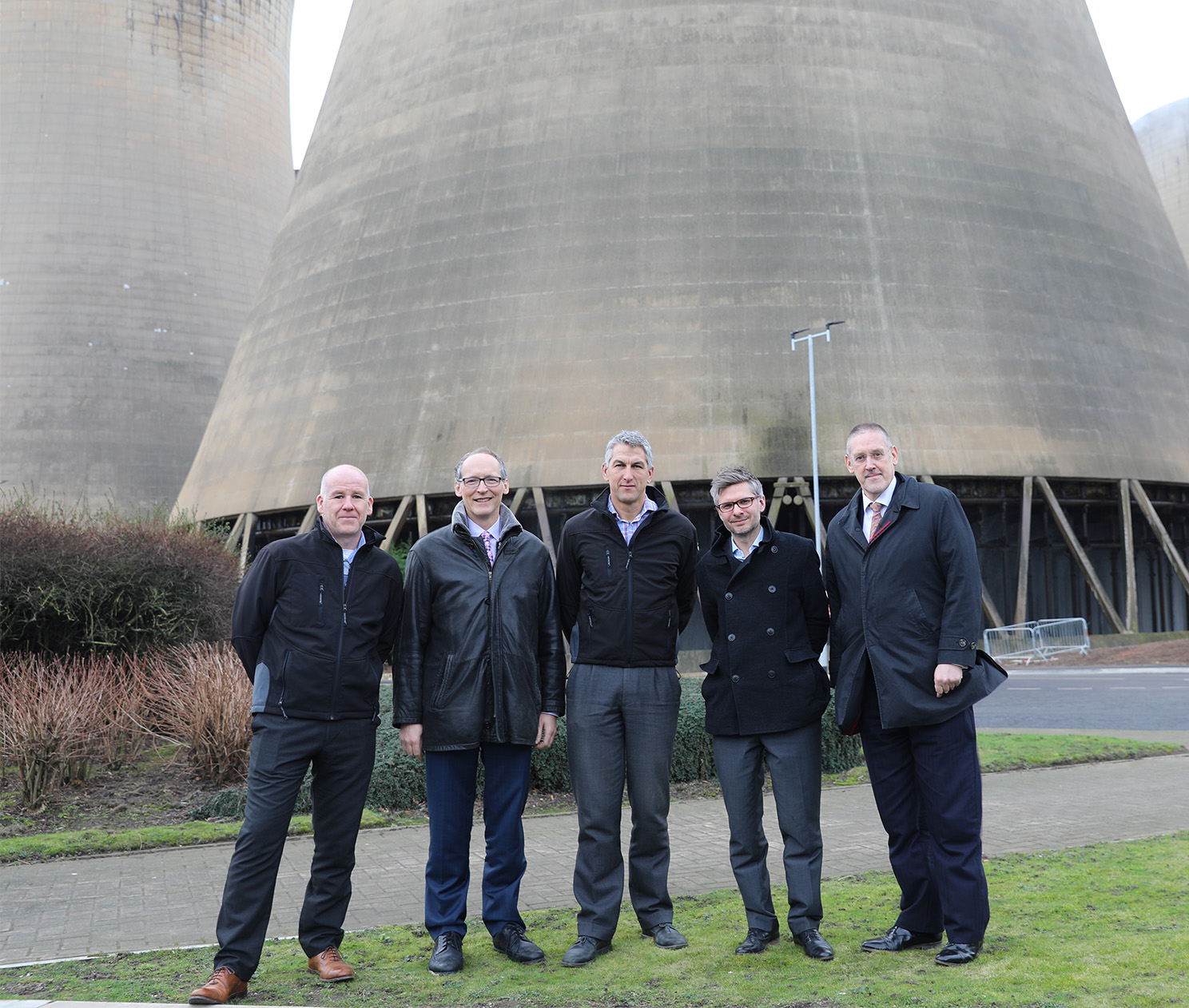
Steve Drayton (Director of Innovation, Drax), Dr Neville Hargreaves (VP Waste to Fuels, Velocys), Brian Greensmith (Drax), Richard Gwilliam (Drax), Martin Hopkins (Velocys)
Steve Drayton, Director of Innovation at Drax said:
“There are some interesting synergies between our ambitions at Drax to become the world’s first carbon negative company and Velocys’ plans to produce carbon negative fuels in the Humber.
“Having innovative businesses like Velocys in the Humber region makes a zero carbon industrial cluster here an exciting possibility, which will result in new jobs and clean growth delivering for the environment as well as the economy.”
The Zero Carbon Humber campaign aims to create the UK’s first net zero industrial cluster in the region which could make a bigger contribution to UK’s climate goals than any other industrial cluster – capturing 15% of the UK’s current annual CO2 emissions.
By using bioenergy with carbon capture and storage (BECCS) Drax will be able to remove more carbon dioxide from the atmosphere than it produces, creating a negative carbon footprint for the company.
ENDS
Media contacts:
Ali Lewis
Drax Group Head of Media & PR
[email protected]
07712 670 888
Selina Williams
Drax Group Media Manager
[email protected]
07912230393
Notes to editors:
Drax was the first company in the world to announce an ambition to become carbon negative by 2030 when CEO Will Gardiner spoke at COP 25 in Madrid in December.
Sustainable biomass is an important part of the UK’s long-term energy mix. Combining this renewable fuel with carbon capture and storage technology on Drax’s biomass generating units at its power station in North Yorkshire, England, means the Group’s operations could capture 16 million tonnes of CO2 a year or more – a significant proportion of the UK’s target.
Drax announced it had captured the first carbon dioxide from its pioneering BECCS pilot project earlier this year.
The UK Committee on Climate Change’s ‘Net Zero’ report states that BECCS could generate up to 173 TWh of electricity by 2050, capturing up to 51 million tonnes of CO2 – around half of the remaining carbon in the economy that the UK will need to capture to become ‘net zero’.
Drax launched the Zero Carbon Humber campaign in September with partners Equinor and National Grid Ventures, aimed at creating the world’s first zero carbon industrial cluster in the region.
About Drax
Drax Group’s purpose is to enable a zero carbon, lower cost energy future. Its 2,900-strong employees operate across three principal areas of activity – electricity generation, electricity sales to business customers and compressed wood pellet production.
Power generation:
Drax owns and operates a portfolio of flexible, low carbon and renewable electricity generation assets across Britain. The assets include the UK’s largest power station, based at Selby, North Yorkshire, which supplies five percent of the country’s electricity needs.
Having converted two thirds of Drax Power Station to use sustainable biomass instead of coal it has become the UK’s biggest renewable power generator and the largest decarbonisation project in Europe.
Its pumped storage, hydro and energy from waste assets in Scotland include Cruachan Power Station – a flexible pumped storage facility within the hollowed-out mountain Ben Cruachan. It also owns and operates four gas power stations in England.
Customers:
Drax owns two B2B energy supply businesses:
- Haven Power, based in Ipswich, supplies electricity and energy services to large Industrial and Commercial sector businesses.
- Opus Energy, based in Oxford, Northampton and Cardiff, provides electricity, energy services and gas to small and medium sized (SME) businesses.
Pellet production:
Drax owns and operates three pellet mills in the US South which manufacture compressed wood pellets (biomass) produced from sustainably managed working forests. These pellet mills supply around 20% of the biomass used by Drax Power Station in North Yorkshire to generate flexible, renewable power for the UK’s homes and businesses.
For more information visit www.drax.com/us
Velocys
Velocys is sustainable fuels technology company. Velocys designed, developed and now licences proprietary Fischer-Tropsch technology for the generation of clean, low carbon, synthetic drop-in aviation and transport fuel from municipal solid waste and waste woody biomass. Velocys is currently developing projects in Natchez, Mississippi, USA (incorporating Carbon Capture Use and Storage) and Immingham, UK to produce fuels that significantly reduce both greenhouse gas emissions and key exhaust pollutants for aviation and road transport. Originally a spin-out from Oxford University, in 2008 the company acquired a US company based on complementary technology developed at the Pacific Northwest National Laboratory. Velocys is headquartered in Oxford in the United Kingdom.
www.velocys.com




